SUMMARY
This is AI generated summarization, which may have errors. For context, always refer to the full article.
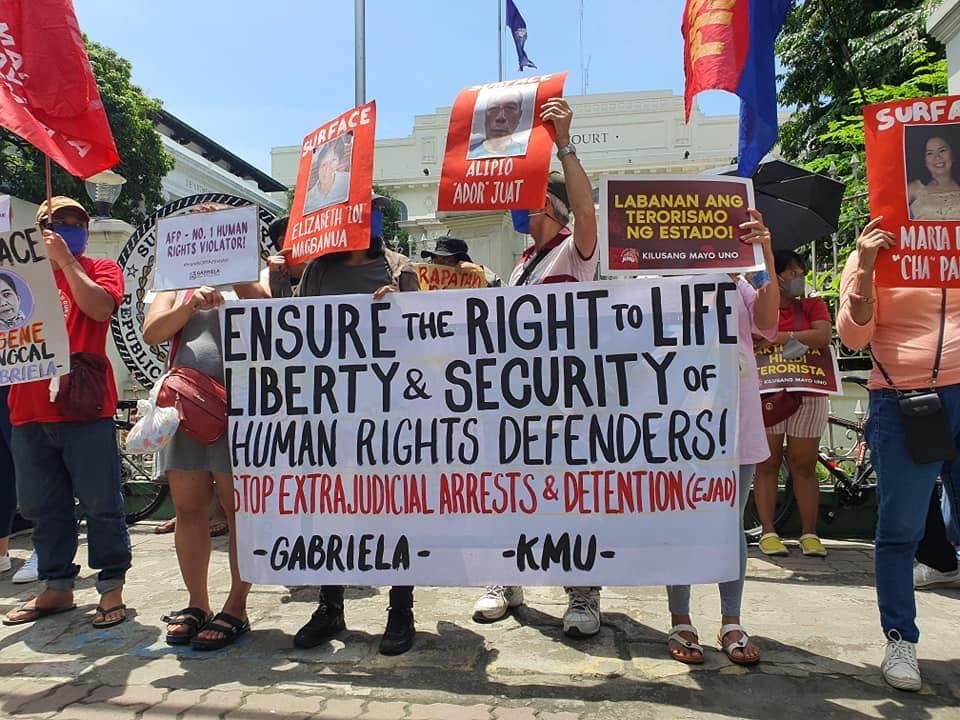
MANILA, Philippines – The Supreme Court compelled the Armed Forces of the Philippines (AFP) to face the Court of Appeals (CA) based on the petition for the issuance of writ of amparo filed by the families of two missing activists.
On Tuesday, August 23, the SC said it issued a writ of amparo in favor of Elizabeth “Loi’ Magbanua and Alipio “Ador” Juat during its en banc session. A writ of amparo is a legal remedy for persons whose right to life, liberty, and security were violated or threatened by “an unlawful act or omission of a public official or employee, or of a private individual or entity.”
Magbanua and Juat are labor organizers and members of Kilusang Mayo Uno who last attended a meeting in Valenzuela on May 3. They had disappeared since then.
On August 11, Magbanua’s life partner Ruth H. Manglalan, niece Alyssa Marie C. Magbanua, and Juat’s daughter Maureen T. Juat filed a petition before the High Court seeking protection allegedly from members of the AFP. They said the rights to life, liberty, and security of the two missing activists were violated due to their disappearance.
In its decision, the High Court also referred the petition to the Court of Appeals to summarily hear the petition on August 30. The Supreme Court said the CA must decide within 10 days.
The Supreme Court ordered the officials and high-ranking military officers to file their comment on the petition. These officers are:
- Lieutenant General Bartolome Vicente Bacarro, AFP chief of staff
- Jose Faustino Jr, Department of National Defense officer-in-charge
- Ricardo de Leon, National Intelligence Coordinating Agency director general
- Lieutenant General Romeo Brawner Jr., Philippine Army (PA) commanding general
- Major General Roy M. Galido, PA acting chief of staff
- Major General Romulo Manuel, AFP Deputy Chief of Staff for Intelligence
- Brigadier General Nolasco A. Mempin, Deputy Chief of Staff for Civil Military Operations
Aside from the writ, the Supreme Court also granted the missing activists and their family a temporary protection order. Since the SC has already issued the protective order, the CA can decide to make the order permanent.
“As prayed for by the petitioners, the Court likewise granted a Temporary Protection Order and prohibited the respondents from going within a radius of one (1) kilometer of the petitioners and their immediate family.”
Failing at the CA level
Even with the Supreme Court’s issuance of the writ, the CA will still be the one to hear the petition on merits. This also means the CA has the power whether to grant or deny the petitioners the privileges of writ of amparo, or extraordinary reliefs that would protect their rights from alleged harassment.
The have been instances when the Court of Appeals denies the petitions for writ of amparo of activists, who are being threatened and killed in the Philippines.
In 2019, National Union of Peoples’ Lawyers’ (NUPL) petitions for writs of amparo and habeas data were denied by the Court of Appeals. The NUPL sought protection from the military, which allegedly harassed and red-tagged lawyers.
In the same year, another rights group, Karapatan, also failed to secure a writ of amparo after the CA denied their petition seeking a protection order from army harassment.
There were instances though when rights lawyers were granted the writ. The last time was seven years ago – in 2015– when NUPL’s Catherine Salucon won her petition.
The CA ordered the military to identify personnel and file cases against them, based on Salucon’s claims that she was being harassed and red-tagged. As of 2019, no one had been identified, nor cases were filed.
Meanwhile, one of the most recent petitioners to score a win in the CA were the families of four victims of alleged extrajudicial killings. The CA issued permanent writ of amparo favoring the petitioners and prohibited the involved police officers from entering within a radius of one kilometer from the residences and work addresses of the petitioners. – Rappler.com
Add a comment
How does this make you feel?
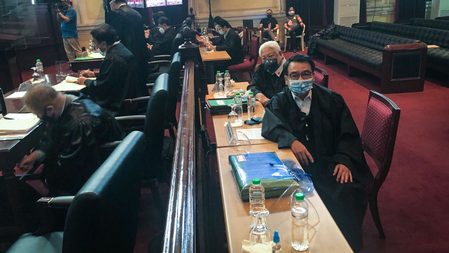
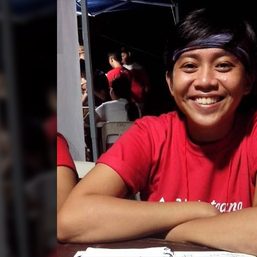

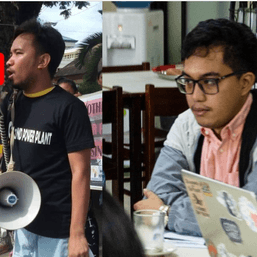
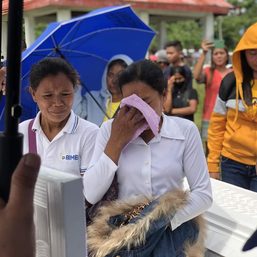
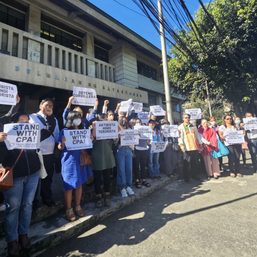

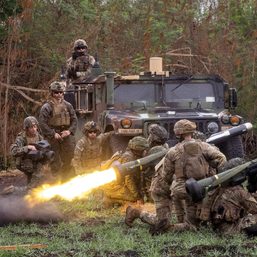


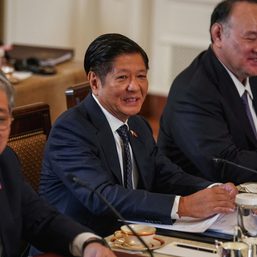




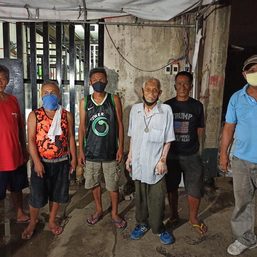
There are no comments yet. Add your comment to start the conversation.